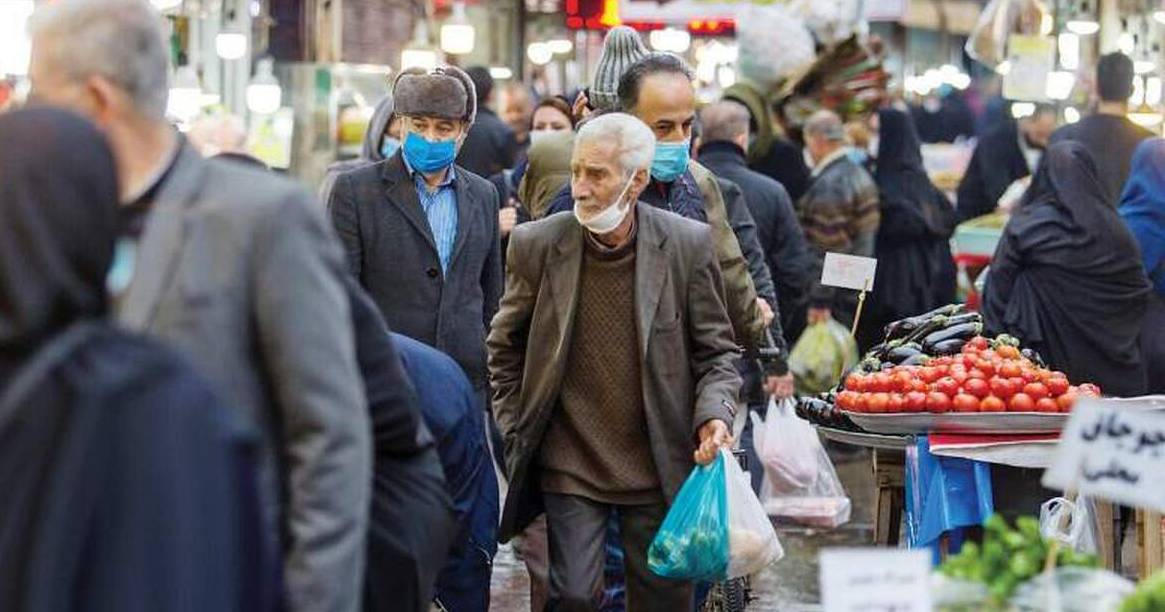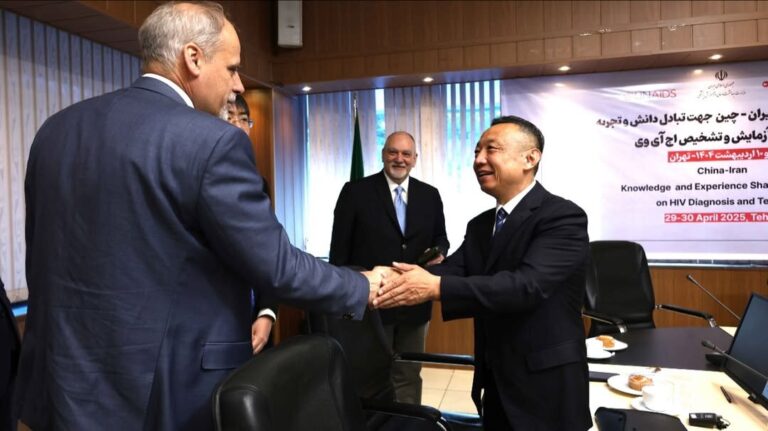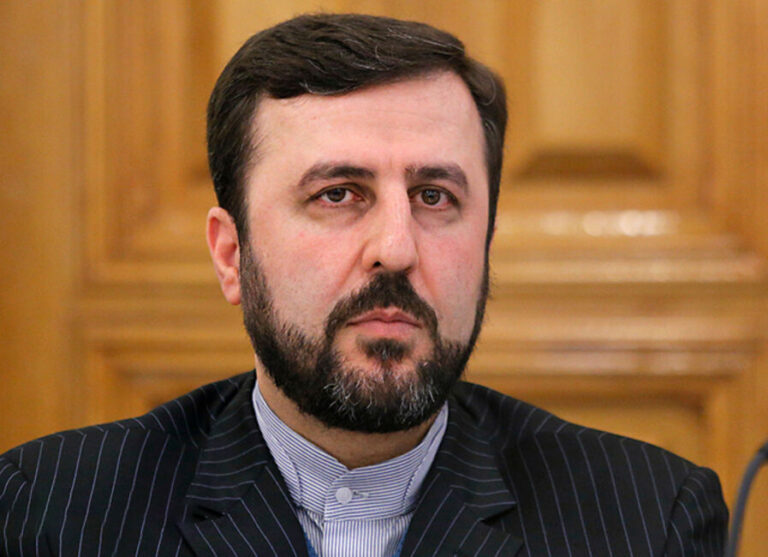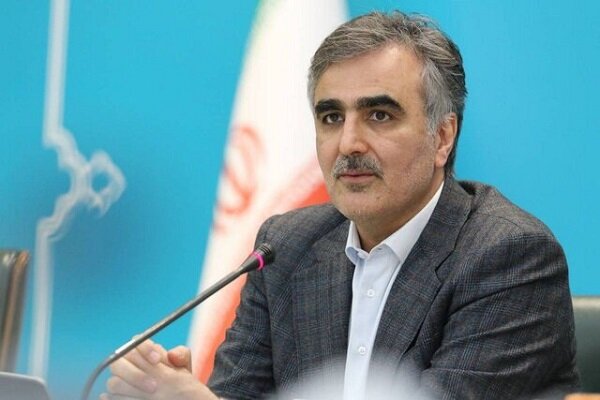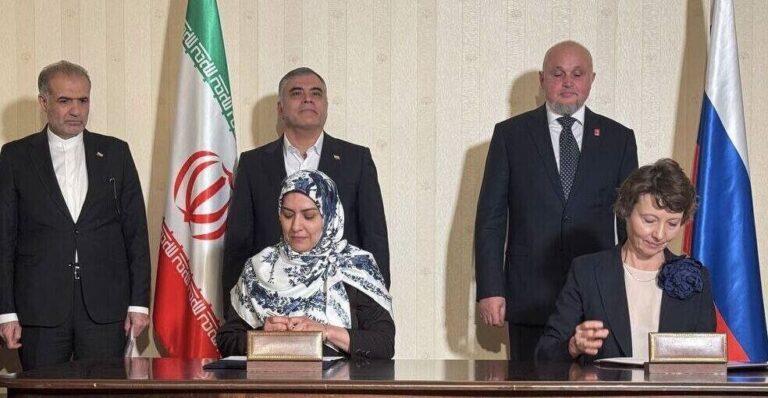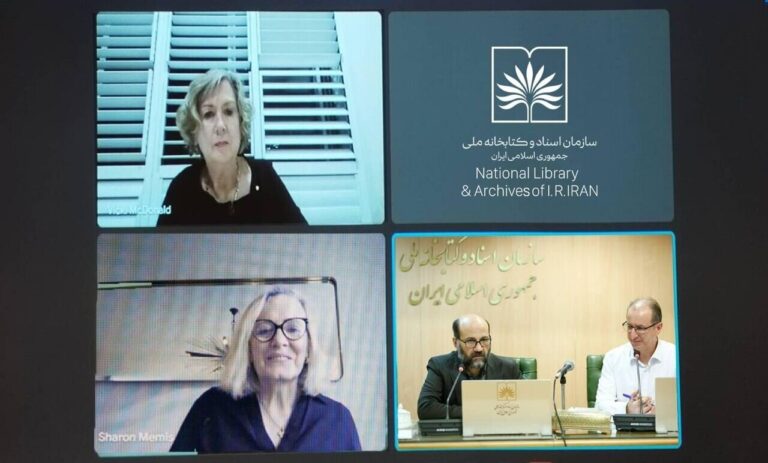Iran’s Judiciary Chief Reveals Dismal Living Conditions Amid Ongoing Crisis
Iran is currently grappling with significant economic challenges and corruption at various levels of government. This has been acknowledged by the country’s chief justice, Gholamhossein Mohseni Ejei, during a recent meeting with the National Security and Foreign Policy Committee of the parliament.
Ejei openly stated, “The people’s livelihood is not good; it is bad.” He emphasized the urgent need for all branches of government to collaborate in strengthening the economic and productive backbone of the nation, which is essential for enhancing the living conditions of the populace. His remarks come at a time when Iran is facing widespread economic hardship, primarily driven by international sanctions and issues stemming from domestic mismanagement.
One of the critical points raised by Ejei was the necessity for a transformation in the culture surrounding investment in Iran. He urged for a shift, saying, “We must change the culture of supporting investors in the country. We should not consider wealth as something negative.”
Moreover, Ejei highlighted the potential contributions of Iranians living abroad. He questioned, “Are all Iranians living abroad against the Islamic Republic?” This indicates a desire to harness the skills and resources of the diaspora for the betterment of the country.
Addressing the persistent issue of government corruption, Ejei remarked, “Corruption is contagious; sometimes financial corruption leads to political and cultural corruption as well.” He acknowledged the judiciary’s imperfections but reassured the public of their commitment to rectify existing weaknesses and shortcomings.
Understanding Iran’s Economic Challenges
The acknowledgment of Iran’s economic struggles by such a high-ranking official sheds light on the depth of the crisis facing the nation. Below are some key factors contributing to these economic challenges:
- International Sanctions: Ongoing sanctions have severely restricted Iran’s ability to engage in international trade, leading to shortages of essential goods.
- Domestic Mismanagement: Inefficient management practices within various government sectors have exacerbated economic difficulties.
- Corruption: Corruption at multiple levels of government has hindered economic progress and eroded public trust.
- Investment Culture: A negative perception of wealth and investment has discouraged both domestic and foreign investors from contributing to the economy.
The Role of Government in Economic Reform
In light of these challenges, Ejei stressed that it is imperative for all branches of the Iranian government to unite in efforts to fortify the economy. He underscored the importance of:
- Strengthening Economic Foundations: A robust economic base is essential for improving citizens’ living standards.
- Encouraging Investment: Changing attitudes towards wealth and investment to create a more favorable environment for investors.
- Utilizing Diaspora Resources: Engaging with Iranians living abroad to leverage their skills and resources for national development.
- Combating Corruption: Acknowledging the presence of corruption and taking necessary steps to address it within the judiciary and government.
Conclusion: A Call for Unity and Change
The statements made by Gholamhossein Mohseni Ejei reflect a critical juncture for Iran as it faces profound economic issues compounded by corruption. His call for a united effort from all government branches indicates a recognition that significant changes are needed to uplift the nation’s economic situation.
As Iran navigates these turbulent waters, the importance of fostering a positive investment culture and addressing corruption cannot be overstated. The future of the Iranian economy may well depend on the ability of its leaders to implement reforms that encourage growth, restore public trust, and engage the talents of its expatriate community.
Only through concerted efforts and a willingness to embrace change can Iran hope to overcome its economic struggles and improve the livelihoods of its citizens.
